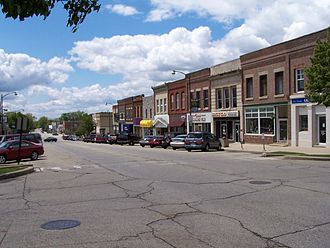Jeffman52
Recycles dryer sheets
My 30 years in acquisition and merger work taught me that bigger fish eat smaller fish to capture their market share and get their plant equipment (assets). Then there is no need for the captured smaller fish.
30 years in Corporate America. Same thing. The company I w*** for is the single largest global eye wear company. They gobble up smaller eye wear companies for many reasons. Could be something as small as the geography of their store fronts, or for their technology. But as stated above, rarely are many of the fish kept for very long. Three of the largest in the last two decades were hostile takeovers.

